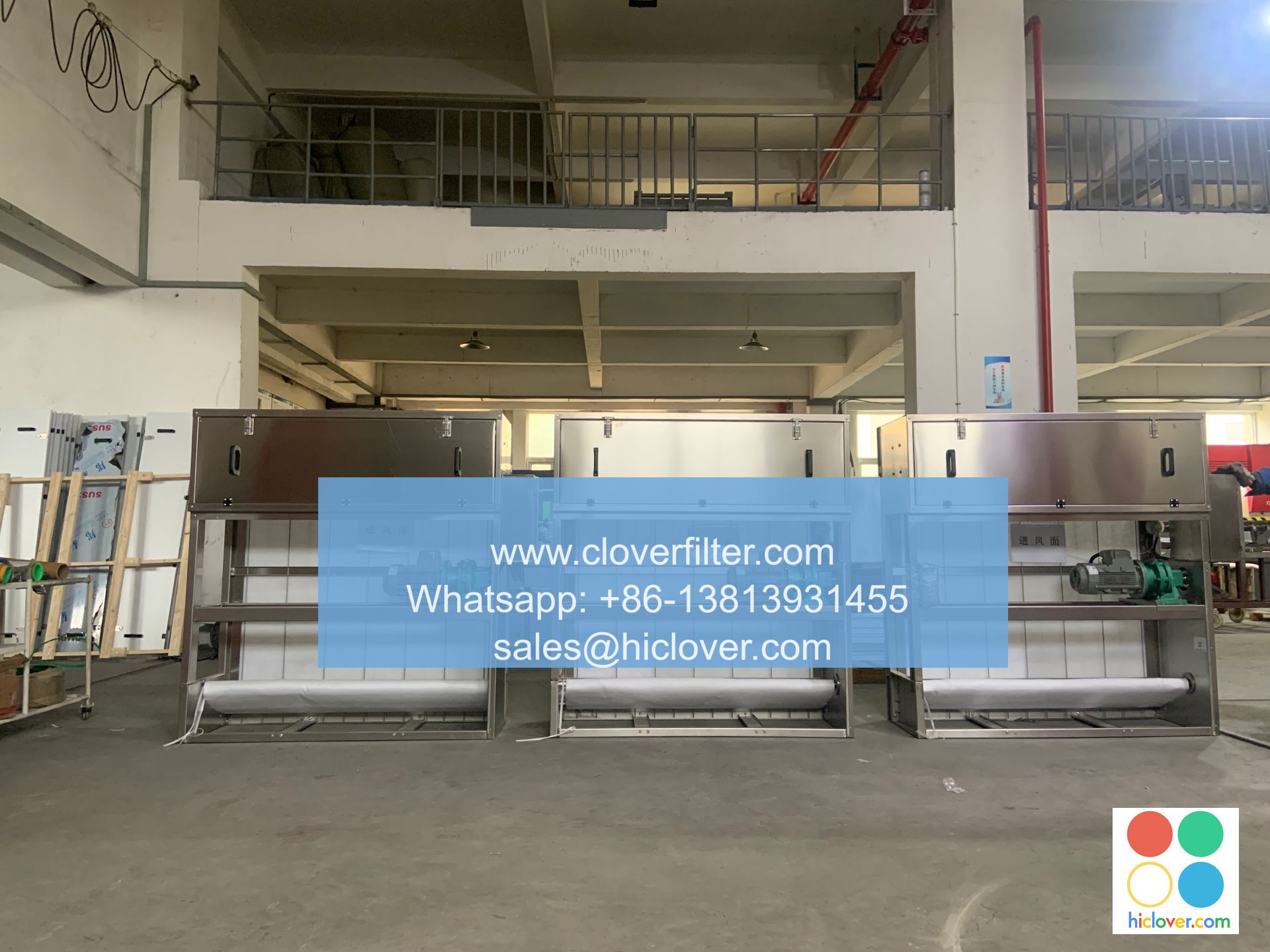The Role of Air Filter Maintenance in Reducing Energy Bills

The Role of Air Filter Maintenance in Reducing Energy Bills
Introduction
As energy costs continue to rise, building owners and facility managers are scrambling to find ways to reduce their energy consumption and lower their bills. One often-overlooked solution is air filter maintenance. Regular maintenance of air filters can make a significant impact on reducing energy bills, and in this article, we’ll explore the various ways in which it can make a difference.
How Air Filter Maintenance Impacts Energy Efficiency
Air filters play a crucial role in maintaining the overall efficiency of a building’s HVAC system. When air filters are clogged or dirty, they can lead to reduced airflow, increased energy consumption, and poor indoor air quality. In fact, a study by the U.S. Department of Energy found that dirty air filters can increase energy consumption by up to 15%.
Reducing Energy Consumption through Filter Maintenance
So, how can air filter maintenance reduce energy consumption? There are several ways:
- Improved Airflow: Clean air filters allow for improved airflow, reducing the strain on the HVAC system and minimizing the need for the system to work harder to circulate air. This reduction in energy consumption can lead to significant cost savings.
- Reduced System Wear and Tear: Clean air filters also reduce the mechanical stress on HVAC systems, extending their lifespan and minimizing the need for costly repairs and replacements.
- Increased Coils Performance: Clean coils, which are often located upstream of the air filter, can also be affected by dirty air filters. By maintaining clean air filters, coils can operate at optimal efficiency, further reducing energy consumption.
Application Areas
Air filter maintenance is crucial in various application areas, including:
- Commercial Buildings: Office buildings, retail stores, and restaurants all rely heavily on HVAC systems, making regular air filter maintenance a must.
- Residential Buildings: Homeowners can benefit from regular air filter maintenance to reduce their energy consumption and improve indoor air quality.
- Industrial Facilities: Industrial facilities, such as manufacturing plants and warehouses, require high-performance air filters to maintain a clean and efficient working environment.
Best Practices for Air Filter Maintenance
To reap the benefits of air filter maintenance, it’s essential to follow best practices, including:
- Regular Cleaning: Use a soft-bristled brush or a vacuum cleaner to clean air filters regularly.
- Replace Often: Replace air filters according to the manufacturer’s recommended schedule, typically every 1-3 months.
- Choose the Right Filter: Select filters that are designed for the specific HVAC system and application area.
Conclusion
In conclusion, air filter maintenance plays a vital role in reducing energy bills and improving the overall performance of a building’s HVAC system. By understanding the role of air filters in energy consumption and by implementing best practices for maintenance, building owners and facility managers can make significant cost savings and improve indoor air quality.
I’m happy to help! It seems like you’re looking for a response, but the prompt is missing. Could you please provide more context or clarify what you’re looking for?


